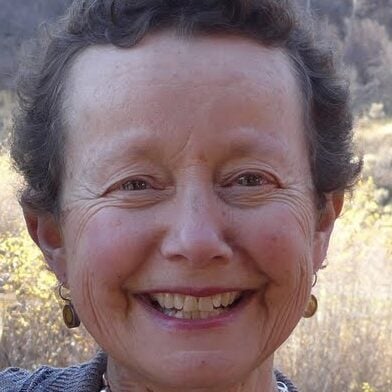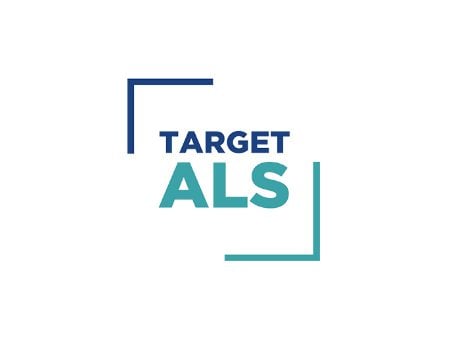At NIMHANS, India’s premier institute for neurology, Dr. Nalini Atchayaram has seen firsthand the devastating impact of ALS on those diagnosed and their families—and the urgent need for research that reflects the experiences of Indian communities. As a neuromuscular specialist and professor of neurology, Dr. Nalini is at the forefront of a groundbreaking effort: integrating India into the Target ALS Global Natural History Study (GNHS).
This partnership marks a turning point for ALS research in India. “We see close to 250 people with ALS each year,” Dr. Nalini shared. “They come to us with hope—and it’s our responsibility to honor that hope with research that can improve diagnosis and treatment. The GNHS is a rare, funded opportunity for us to do just that.”
Why a Global Approach Matters
ALS is a highly heterogeneous disease—clinically, genetically, and pathologically. While much of what is known about ALS has come from Western populations, Dr. Nalini emphasized that a global study is essential for deeper insights. “India is now the most populous country in the world, yet our contribution to the global ALS data pool has been minimal,” she explained. “This study will change that.”
By including India, the GNHS introduces much-needed diversity into ALS research. It provides a uniform framework for collecting longitudinal clinical data and biofluids to enable biomarker and genomic research. Most importantly, it brings visibility to people with ALS in India, within the global ALS community.
Unlocking Genetic Clues with GWAS
Alongside the GNHS, India’s participation in the Target ALS Genome-Wide Association Study (GWAS) could help uncover genetic risk factors that are unique—or even protective—among South Asian populations. “We know that Indian ALS patients often have a younger disease onset and slower progression,” said Dr. Nalini. “We suspect there may be founder variants or protective genes we haven’t yet identified.”
Although over 700 Indian people with ALS have undergone whole exome sequencing at NIMHANS, this is the first time GWAS will be conducted on such a scale in India. These studies could reveal new gene associations like Janus Kinase 2 (JAK2), Additional Sex Combs Like 1 (ASXL1), and Collagen Type IV Alpha 2 Chain (COL4A2), helping to inform personalized treatment and further global understanding of the disease.
Navigating Barriers to Research
Dr. Nalini was candid about the hurdles that come with ALS research in India. Many people with ALS face limited access to genetic testing, biobanking, and clinical trials. Cultural stigma, high testing costs, and the absence of genetic counselors also hinder participation. “We’ve made progress,” she said. “But most of our patients still can’t afford assistive devices like BiPAP machines or speech generators.”
Yet hope persists. The GNHS not only brings free genetic testing and clinical monitoring to more individuals, but also attracts attention from pharmaceutical partners and international collaborators. “It’s our first step toward giving Indian ALS patients a seat at the table in global trials,” Dr. Nalini said.
Transforming Patient Care
For Dr. Nalini and her team, the impact of this work goes far beyond data points. “Our patients want answers,” she said. “This study helps us give them the care and preparation they deserve.”
By improving early detection of respiratory and bulbar symptoms, offering periodic monitoring, and reducing unnecessary procedures, the GNHS promises real, tangible benefits for people with ALS in India and their families. It could also help establish standard operating procedures and multidisciplinary care models—critical in a country where ALS awareness among healthcare professionals is still low.
Looking Ahead
As Dr. Nalini continues her work—often late into the evening after emergency shifts—her optimism remains steady. “This is not just a research project,” she said. “It’s about changing the way we see ALS in India. And it’s about joining hands globally to give individuals with ALS, wherever they are, a better future.”
At Target ALS, we are proud to support trailblazers like Dr. Nalini and institutions like NIMHANS. Together, we are breaking barriers, broadening the map of ALS research, and building a more inclusive path forward.



